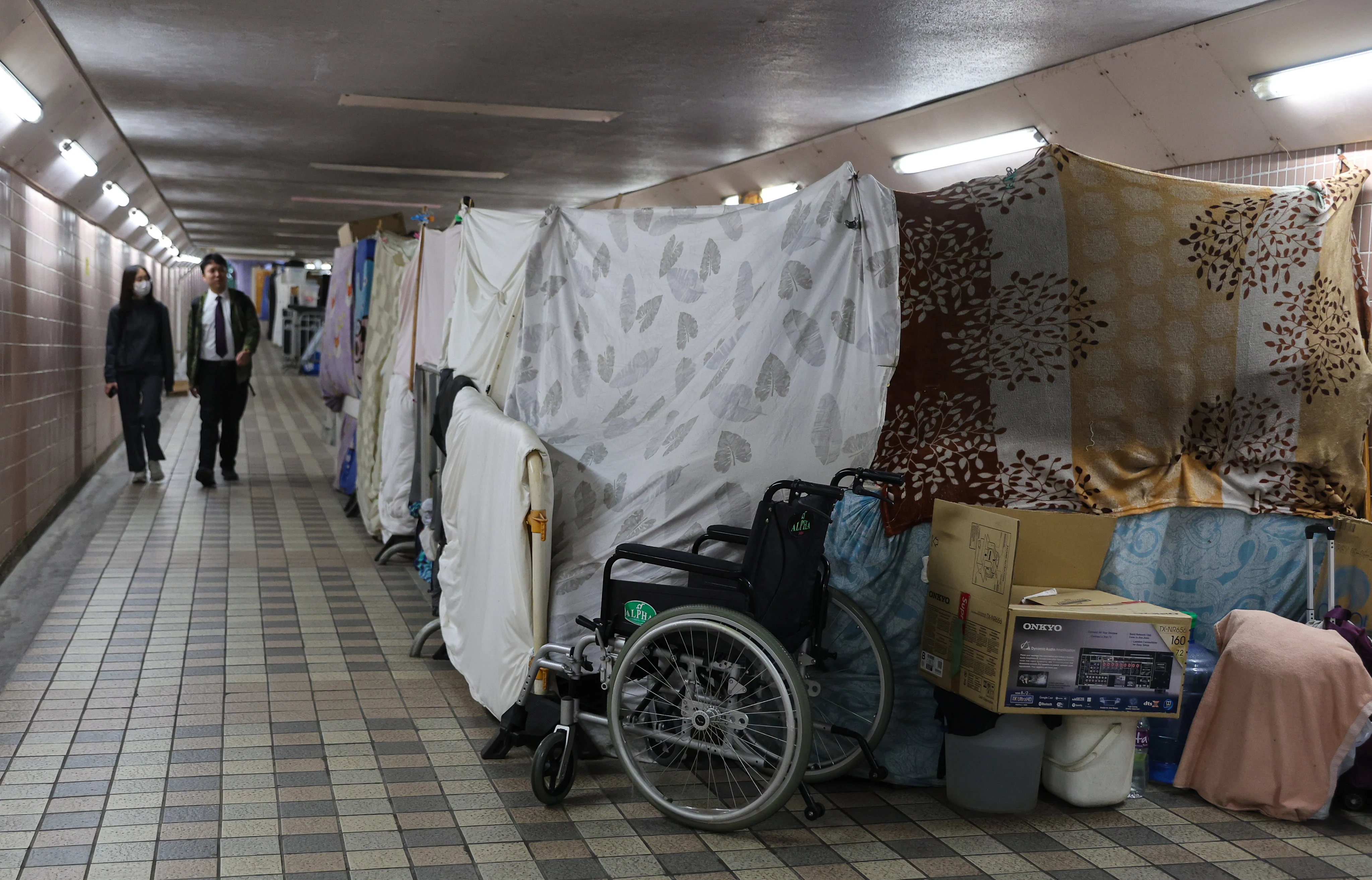By Vivian Au
Copyright scmp

Nearly all homeless women with various mental health concerns who took part in a recent co-living programme in Hong Kong showed lower stress levels afterwards, according to the organising NGO.
ImpactHK, which released the findings of the study on Monday, called on authorities to expand co-living facilities and resources, including implementing them in temporary housing.
The 18-month study was carried out by ImpactHK and Shue Yan University. They arranged for 47 homeless women, aged 25 to 80 and suffering from various mental health issues including depression and anxiety symptoms, to take turns sharing a flat of more than 600 sq ft, beginning in 2023.
Ten were found to be suffering from post-traumatic stress disorder (PTSD) symptoms. But 95 per cent of all participants showed a more than 50 per cent reduction in their stress and depression levels after taking part in the programme.
“The study helped to rebuild the psychological well-being and self-worth of homeless women,” Dr Bess Lam Yin-hung, an associate professor at Shue Yan University’s counselling and psychology department, said.
The findings showed that co-living had a positive effect on reducing anxiety and other pressures in homeless women, as it allowed them to function as a family rather than a group of service recipients living together, she said.
Deep Ng, the head of programmes at ImpactHK, said the study’s approach emphasised autonomy for the homeless, avoiding traditional shelter management practices by allowing participants to decide their daily routines such as when to clean and cook while also receiving assistance, including from nurses, if they needed help.
“We believe that living is healing,” he said, adding the programme placed an emphasis on building a sense of family and friendship.
He urged the government to develop policies that prioritised the mental health needs of homeless women and increase public awareness of the challenges faced by the unhoused community.
He noted the programme was not government-funded but rather supported by an unnamed individual.
Compared with homeless men, unhoused women often face more difficulties in their daily lives and seek out more secluded places due to safety concerns.
Angel, a woman in her 50s who became homeless in 2022 after falling out with her mother, shared her experience from the programme.
“I learned how to cook with others, which I hated most in the beginning,” Angel said, adding she began to learn how to communicate better with others when she was in the co-living arrangement.
Her experience with the programme and the confidence it had given her had helped her reconnect with her mother, something she could not imagine doing before, she said.
Angel added that after joining the programme and finding a government-funded temporary home, she secured a job as a community assistant to help others.
She expressed hope that the government would apply the co-living model to these homes.
According to the government, there were 672 street sleepers in Hong Kong as of December last year.



